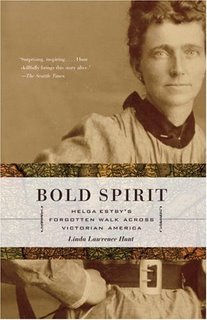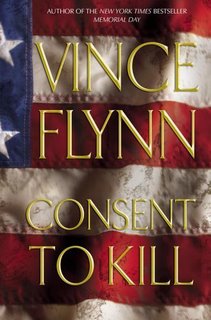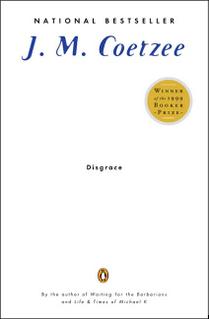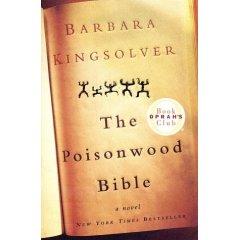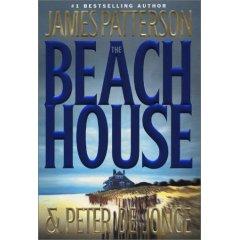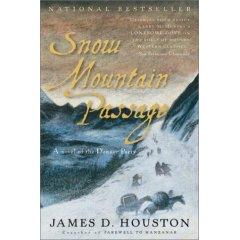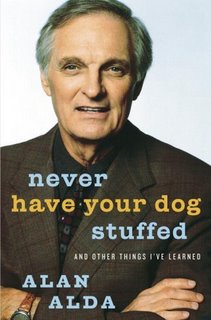
written by Alan Alda
Alan Alda is just one of those people that you can't help but like. And I don't think it's just because of the Hawkeye thing — I think he really is a nice, likeable, genuine person, or at the very least a really, really good actor who plays the part well. His book is an enjoyable, quick read.
I picked it up because of its title — how can this one not draw you in!? The message behind the title stems from one of the stories in the book: as a youngster, Alda had a dog named Rhapsody, who died and ended up being taxidermied by his well-meaning parents. His point is that sometimes there are experiences or relationships in our lives that are useful, precious, exciting, life-changing — but once they've run their course, it's okay to let them go. Propping them up artificially and trying to pretend that they're still alive and vibrant can be destructive, painful, or in the case of Rhapsody, just plain strange.
Really cool elements:
- Alda is so frank and real that anyone can identify with him. He doesn't put on airs of superiority or trump up his accomplishments. In fact, he comes across as an ordinary guy who's thankful for the opportunities he's been given and a bit amazed that he even made it big in show business.
- How many actors do you know who have been married to the same person for nearly fifty years and still talk as if they really like their spouse? How refreshing! It's very clear that through the difficult times in his adult life, Alda's wife Arlene was a source of comfort and encouragement.
- I vaguely knew Alda had some issues with his Catholic school experiences and wondered if he would use the book as a vehicle to express some bitterness toward God. He does talk about some faith crises, and I wouldn't call his position on religion complimentary to the church, but certainly there was nothing venomous or hateful.
Not-so-cool elements:
- We all know Alan Alda is funny, and because the title seemed funny, I thought the whole book would be funny. It wasn't. There are funny parts, but much of it — especially the first hundred or so pages — are kind of sad and depressing. You learn a lot of details about his not-so-normal childhood and the problems in his family. Not that I think he should've whitewashed all that; I guess I just didn't expect it.
- While Alda's sense of humor works great as spontaneous, improvisational comedy, it comes across a little disjointed in print. The book feels very stream-of-consciousness, with no real overarching theme. In fact, I think it's kind of a stretch to call it an autobiography. To me it seems more like just a string of loosely related anecdotal stories of his life, many of which I wish he had developed further. For example, I wanted to know more about his relationship with his schizophrenic mother, the joys and struggles of parenting his three girls, and how on earth he held his marriage together through some really difficult times.
